Government Programme 2020-2024 : unlocking the next wave of development
 Par
Jameela Jaddoo
Par
Jameela Jaddoo
 Par
Jameela Jaddoo
Par
Jameela Jaddoo
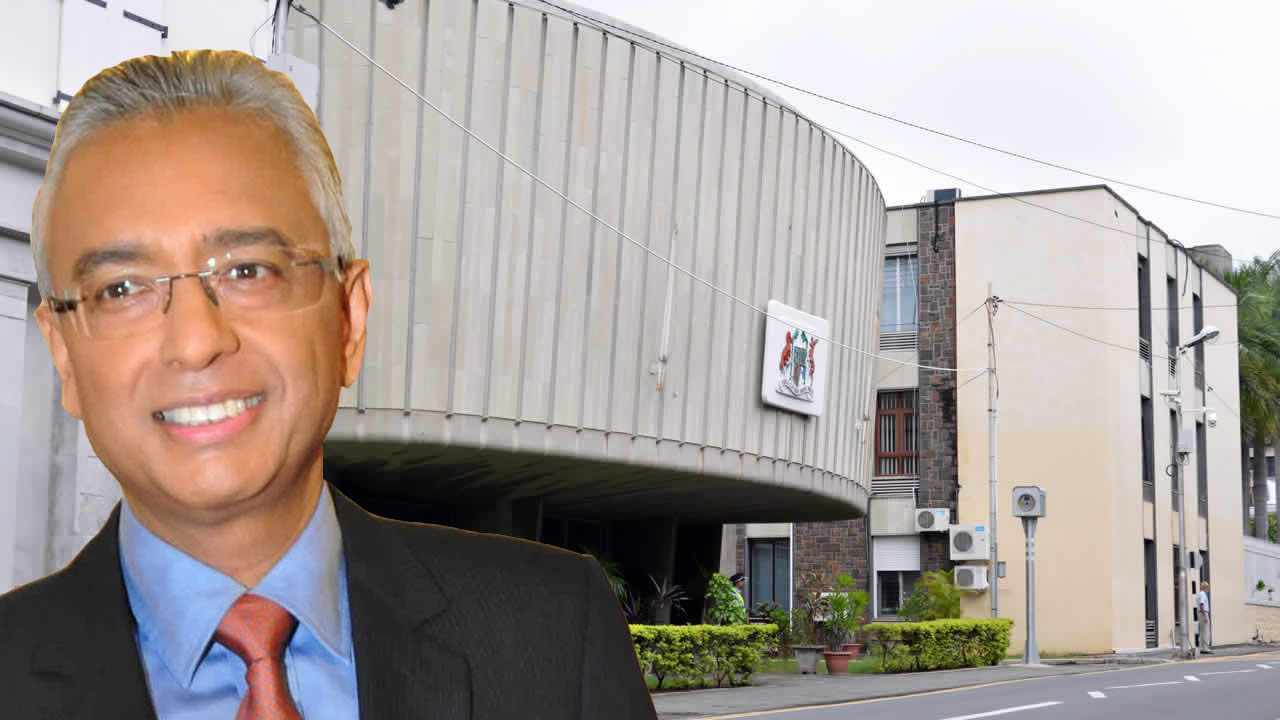
The most-awaited presentation of the Government Programme 2020-2024 by H. E, the President of the Republic of Mauritius, Prithvirajsing Roopun, will be held this Friday. People are interested to learn what would be the strategies of the government regarding important sectors that function as the pillars of our economy, such as finance, ICT and tourism. Experts provide their insights.
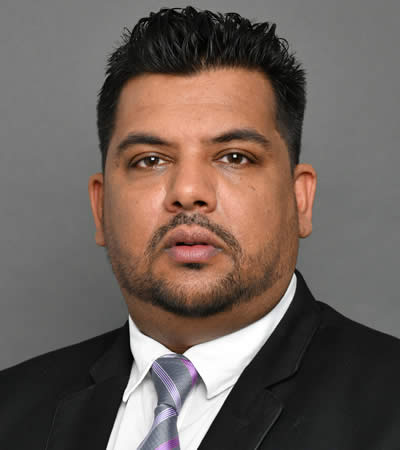
Sanjay Matadeen, Economist and Senior lecturer, explains that after an election year in 2019, the Economy should regain centre stage in 2020. “The country has to move beyond 3.8% economic growth.”
According to him, it is also the right time to set the foundations for new engines of growth including the much-awaited blue economy, the green economy and the tech economy. “In terms of trade diplomacy, the world is moving to the East and Mauritius cannot lag behind. China, India, Japan, South Korea, Malaysia, Singapore, Philippines and other South East Asian countries may well represent future markets for our exports and tourism products.”
As Mauritius is small and has limited resources in terms of labour, land and capital, it will be wise to prioritise and come up with a Strategic Economic Development plan, he adds. “This plan will enunciate the direction the economy will be heading in the coming years, give assurance to local operators and foreign investors and help target our investment promotion campaigns.”
Furthermore, he argues that the government should continue working towards modernising the country by upgrading existing public infrastructure and developing new ones. “Investing in Human Capital Development and wellbeing of the population will not only increase the level of productivity in the country but also attract foreigners to invest and relocate to the country.”
The economist indicates that bold measures are expected to review public institutions to enable more transparency, accountability and performance evaluation. “The population also looks forward to an urgent overhauling of our public health and education sectors, the decongestion of our roads, redistribution of income and wealth through appropriate measures, opening up of the economy for more competition, empowerment of vulnerable groups, reduction of cost of living, reduction of public debt and a reform of the old-age pension scheme.”
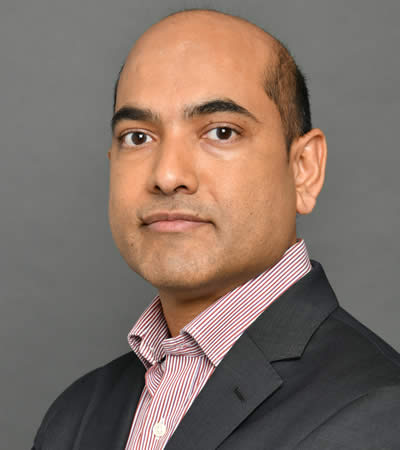
IT expert and chartered engineer, Ramraj Ramchurn reveals that the ICT domain is the key driver for the transformation of Mauritius into a knowledge-based economy. “A strong ICT industry will create jobs, wealth and motivate the young upcoming entrepreneurs as well as attract foreign investment.”
While Mauritius is an example for Africa in various fields such as Political and Economic stability and Ease of Doing Business, Mauritius lags behind several African countries in terms of ICT services, including being one of the most expensive countries in Africa for internet and mobile connectivity, he says. “Some basic domains that need to be addressed to allow the ICT domain to evolve in Mauritius include Service tariffing, Network infrastructure regulation, Quality of services, Monopoly of incumbent operator and Innovation. The Government should control prices so that the connectivity as well as cloud services can be more accessible, as this is key for economic growth in all sectors. This would encourage technological entrepreneurs.”
Additionally, he underlines that the network infrastructure in Mauritius is built and owned by the operators. “The government should regulate this domain to encourage operators to share infrastructure under agreements such as tower sharing models for wireless systems and duct sharing agreements for fibre network infrastructure.”
The quality of services being sold to businesses/public are not policed and very often, poor services are delivered with no clear accountability by ICT operators, he adds.
He also believes that despite the liberalization of the ICT sector over a decade ago, the telecom sector remains dominated by Mauritius Telecom who controls most of the national/ international communication infrastructure and this represents a position of monopoly. “While the ICT sector is evolving fast worldwide, Mauritius remains quite conservative with limited broadband and mobile services, which is a barrier to entrance of technology innovations.”
Once the basic issues of the network infrastructure and governance have been addressed, the technological opportunities are endless and emerging technologies such as Data analytics, Artificial Intelligence, Machine Learning, Fintech as well as Blockchain could be seamlessly incorporated in different sectors to foster innovation in various industries, he maintains.
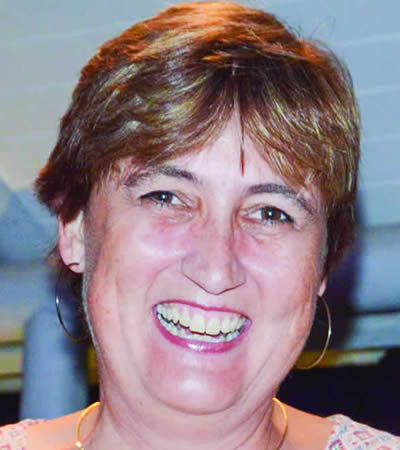
Jacqueline Sauzier, General Secretary of the Mauritius Chamber of Agriculture, says that given the difficulties in the cane sector, they “expect that the report, to be provided by the World Bank between March and May 2020, will look in detail at all the components of the cane sector and provide comprehensive and meaningful proposals for discussion towards a viable industry for all. Some decisions such as a full-fledged and financed Biomass Framework is long awaited. We also look forward the mainstreaming of the cane industry in the economy of the country as any other industrial activity.”
She says that regarding the cane sector they “expect strategies to be proposed toward improving mechanisation and industrialization where possible, strategies to increase manpower, affordable labour during the crop season, planters need to have their crops harvested in timely manner for efficiency and availability of same labour during intercrop for the management of the plantations and any other land under agricultural products.” Jacqueline Sauzier adds that “strategies to accompany replantation programs for the whole industry is a strategy expected to increase productivity.”
Regarding the vegetable crop production, the latter says that they “expect the setting up a National Small Farmers Market within the premises of the NWM to be finalized urgently to respond to the needs of producers and consumers. The Use of Pesticide Act needs to be reinforced to respond to new products and demands. On the livestock sector, the strategy should be to develop a value chain approach for specific sectoral production. The preparation of a concerted, consultative and comprehensive Non-Sugar Sector Strategy 2021 – 2026 is necessary based on lessons learnt on previous non-sugar sector strategies,” she underlines.
Finally, she utters, “Knowledge, research, training, investment, man power and skills appropriation, are to be priorities towards developing an Agriculture which would help feed to country with healthy and sustainable products.”
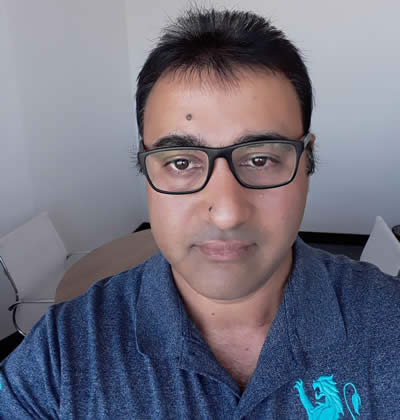
Vineet Jugessur, financial expert, opines that over the last two decades we have noted an emergence of a rapidly growing financial services industry. He highlights that in recent years, the sector has grown at an average rate of 5.4% and today represents above 11.1% of the country’s GDP. “In 2018, almost 25% of FDI inflows were directed towards the financial services sector. With the application of Investment Protection Treaties and a competitive fiscal administration backed by a favorable business environment has enabled the sector to further solidify its existence in the country’s economic development. As Mauritius endeavors to comply with international best practices and transparency in disclosure requirements, this gives credibility to its reputation as an international financial centre (IFC).”
He maintains that the medium- to long-term goal of the financial sector should be to maintain a growth rate of 5%. “Challenges for the government and the operator within the sector are combatting money laundering, addressing regulatory pressure from international community, lack of specialised human resources such as high calibre people with international exposure in finance and auditing, countering reputational challenges by adopting the right communication strategy.”
The government, according to him, must focus all attempts to make the Mauritius IFC become a world class reputable financial centre. “Mauritius should be seen as a very safe financial platform to bridge Africa with the rest of the world when it comes to investments. With the changes in tax treaty with India, this means that the government should strategize to sign more double taxation avoidance agreements (DTAAs) in Africa and beyond.”
Another strategy, he points out, is making Mauritius a financial hub. “The government should facilitate a simple and user-friendly business process for financial institutions and corporates. The government should also diversify the capital markets and explore new avenues of investments. Explore new growth potentials such as Fintech and Blockchain. Attract more high profile financial institutions.”
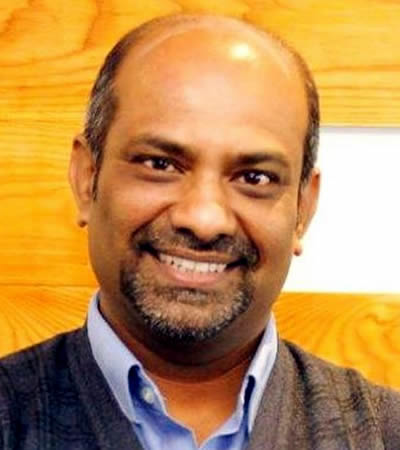
The President of the Mauritius Council of Social Services (MACOSS), Suraj Ray, trusts that the government should focus on four major axes when it comes to the social sector. The first one, he trusts, is inclusive education. “It is urgent for our government to protect and make provisions for the vulnerable children attending all public schools; that is those who come from difficult backgrounds. For example, we need to provide more accessible areas in the school premises to disabled children. Psychological support and follow-ups should be available in all schools in order to protect those who are victims of issues such as bullying, poverty, violence and others. We need professionals in the fields such as welfare officers and special needs officers in order to accompany those children in their studies,” says Suraj Ray.
The second one, he states, is the protection of our environment and the climate change issue. “Works are already being done but the government should not only invest in maintenance. It is urgent to educate the population and the Ministry of Environment should come forward with strategies to do that. This should be done with the support of all stakeholders, including the town halls, authorities, private sector, NGOs, and with the civil society at large. There is also the need for better communication between the stakeholders and the Ministry and government in order to allow a better tackling of the issue.”
Suraj Ray utters that the third consideration should be the NGOs. “CSRs are a good way to finance the NGOs, however, these need to become more professional. There is the urgency to regulate the NGOs because there are several irregularities among some of them. They should have the obligation to comply with certain regulations. On the other hand, NGOs should also be given better resources. The government should also create an area dedicated to NGOs where they can organise press conferences, meetings, and other conferences in good conditions.”
The fourth one, according to Suraj Ray, is family support and care. “Day care centres should not remain a business for private sector. The government should look for a good formula to provide day care facility to Mauritian families who are very often submerged by responsibilities. In addition to this, instead of NHDC houses, the government should create sustainable villages which include several facilities such as schools, shops, among others, in order to improve the quality of life of our Mauritian families.”
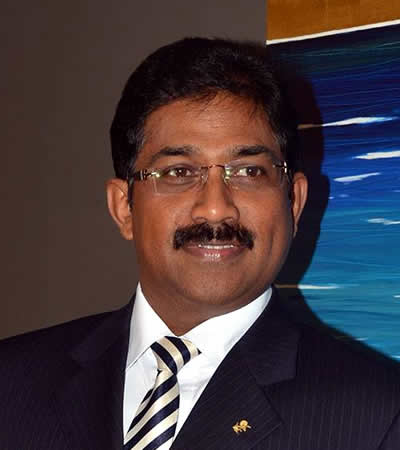
According to Sen Ramsamy, Managing Director of Tourism Business Intelligence, the program “will certainly give a sense of direction, amongst others, to the tourism sector and will muster the collective efforts of public institutions, private sector stakeholders, tourism employees, NGO’s and the nation at large and thus gather support to Government’s vision as will be traced out for the next five years.”
He trusts that tourism is essentially exogenous in nature, “there should be strategic adjustments on the way being in order to react to international situations as they occur.” He hopes that the program that will unfold “will demonstrate political vision and wisdom in running the affairs of the country and will give tourism a fair consideration so that it can attract new investment opportunities, create more jobs for our people, generate more foreign exchange earnings and add value to our socio-economic and cultural fabric.”
Sen Ramsamy is of the opinion that there are seven areas for priority consideration for tourism. “It is time for a rethinking of our tourism policy orientation and strategic business model on account of the changes in the psychology of world travel and in technological progress.”
Second, he underlines, is the “formulation of a major tourism product development plan that should be consistent with the diversification of our market base. The much-needed change in our tourism product mix should primarily aim at enhancing forex earnings with a minimum target of Rs 100 billion per annum and double the job offers to our youth. This would only be possible when the investment climate is made conducive to innovation and creativity. Mauritius Tourism has been seriously lagging behind in terms of innovation and creative thinking over the past years. The Government program should be a sharp wake-up call to the private sector stakeholders.”

The third consideration, states Sen Ramsany, is the “setting up of a high-powered institution to improve our air and sea connectivity with the rest of the world. The policy for air and sea access is a national wealth which needs to be professionally managed with the right intelligence in order to maximize the benefits in terms of boost to trade, travel and tourism relations with the outside world.”
He adds that the fourth step should focus on “bringing back on track the seriousness of purpose that Destination Marketing is meant to be for a country and take bold actions for Mauritius to reconquer its position as a premier holiday destination in the hit-parade of world tourism.” Marketing is a complex business activity that requires sound market intelligence, good business flair, outstanding leadership and a sense of direction with a long-term vision. There is currently a huge deficit in these in Mauritius.
Fifth, says Sen Ramsamy, is “a bold shaking-up of the Hotel School for intensive training programs (and retraining). As tourism is a multi-disciplinary economic activity, training in tourism should imperatively go beyond training of hotel front-liners. The training of restaurant staff, retail shop vendors, tour guides, taxi drivers, skippers, beach hawkers, immigration officers, etc. is an absolute necessity for sustainable growth and success in tourism.”
Sixth, he trusts that “revamping of the Tourist Police for improved safety and security measures in tourist zones is an absolute urgency. High time for bold actions to protect this sensitive industry and ensure that the tourist experience in Mauritius be trouble-free and memorable for increased fidelity.”
Sen Ramsamy highlights that the seventh step is the “granting of investment incentives for the development of world class leisure facilities for use by both tourists and locals and thereby enhancing the visitor experience and favoring recreational platforms more harmonious visitor-host encounters and trans-cultural exchanges.”
 J'aime
J'aime